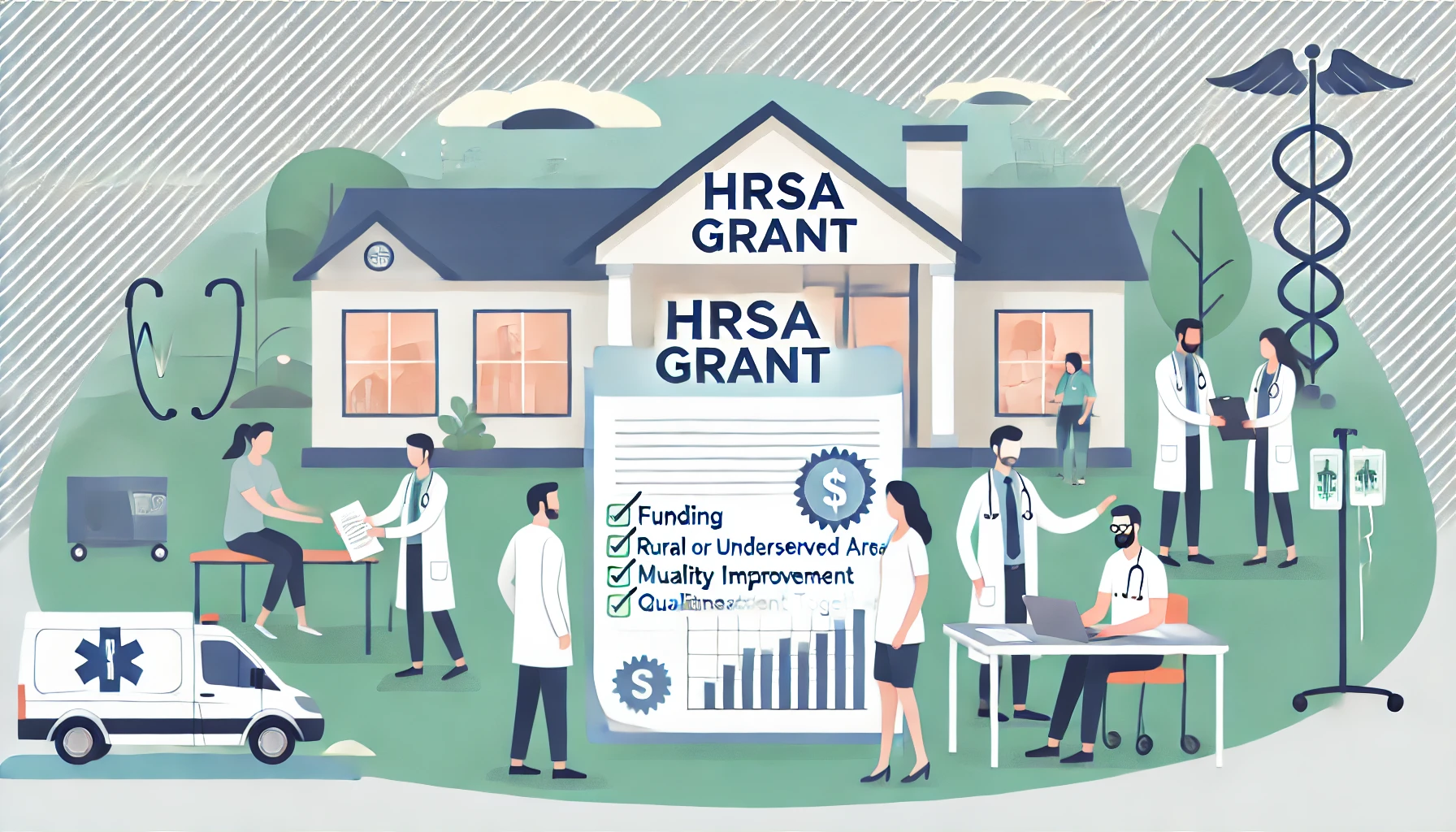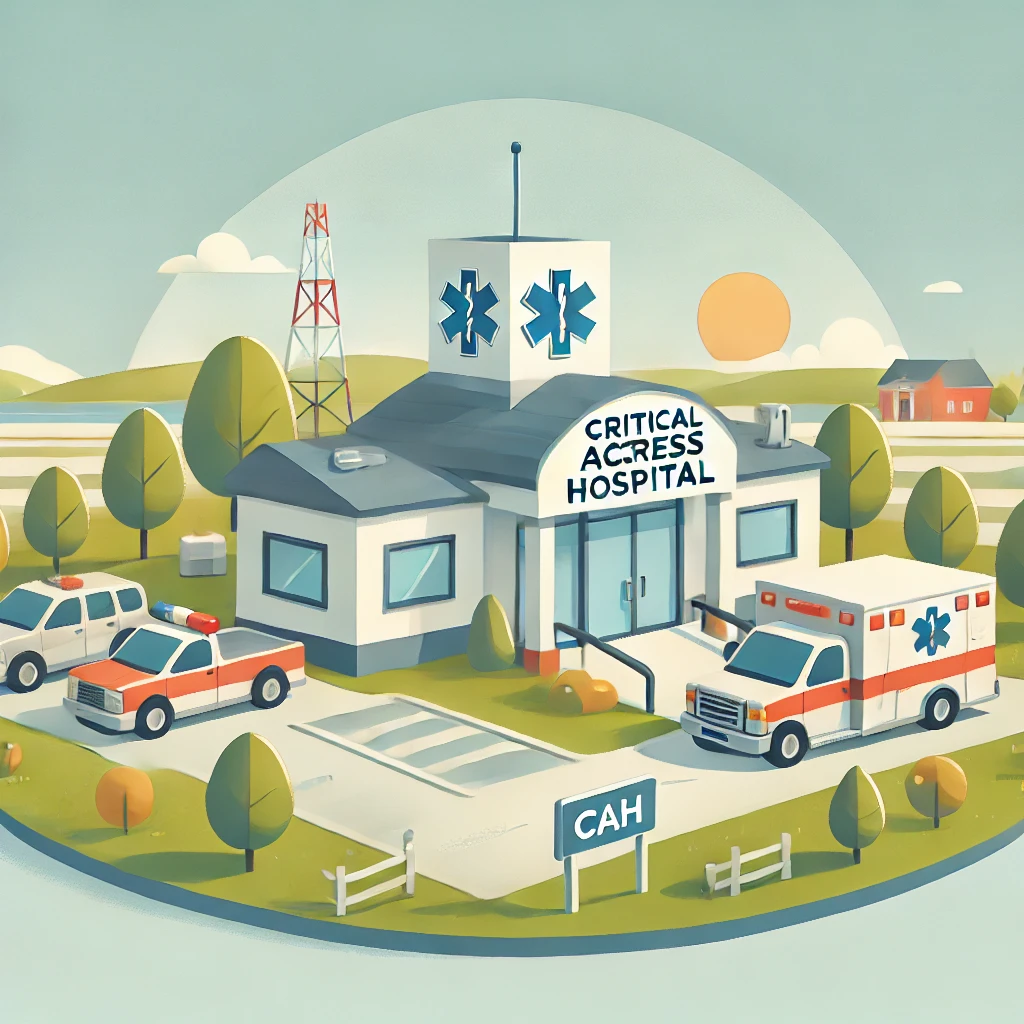
Table of Contents

FQHCs serve 30M patients annually, providing comprehensive healthcare to underserved communities through accessible, low-cost medical services nationwide.
FQHCs serve 30M patients annually, providing comprehensive healthcare to underserved communities through accessible, low-cost medical services nationwide.
FQHCs: Bridging Healthcare Gaps for Underserved Communities
In the complex landscape of healthcare accessibility, Federally Qualified Health Centers (FQHCs) emerge as critical lifelines for millions of Americans who might otherwise fall through the cracks of traditional medical services. At Medplace, we recognize the vital role these healthcare institutions play in addressing systemic healthcare disparities.
Understanding FQHCs: More Than Just Healthcare Providers
Federally Qualified Health Centers are unique healthcare facilities designed to provide comprehensive medical services to populations facing significant barriers to healthcare access. Unlike traditional medical centers, FQHCs are specifically structured to serve:
- Low-income communities
- Uninsured and underinsured populations
- Rural and urban medically underserved areas
- Patients with limited healthcare options
The Comprehensive Care Model
What sets FQHCs apart is their holistic approach to healthcare. These centers go beyond basic medical treatment, offering a range of services including:
- Primary care services
- Preventive healthcare
- Dental care
- Mental health services
- Substance abuse treatment
Financial and Operational Foundations
FQHCs operate under a unique financial model that allows them to serve communities regardless of patients' ability to pay. Funded partially through federal grants and sliding-scale fee structures, these centers ensure that healthcare remains accessible to all.
The Role of External Peer Review
At Medplace, we understand that maintaining high-quality care in complex healthcare environments requires robust quality assurance mechanisms. For FQHCs, external peer review can be a crucial tool in:
- Ensuring consistent patient care standards
- Identifying potential areas of improvement
- Maintaining compliance with federal healthcare guidelines
- Enhancing overall patient safety protocols
Challenges and Opportunities
Despite their critical mission, FQHCs face significant challenges. Limited funding, overwhelming patient demand, and complex healthcare regulations can strain these essential institutions. However, innovative approaches like technology-enabled peer review platforms can help address some of these systemic challenges.
Impact by the Numbers
According to Health Resources and Services Administration (HRSA) data, FQHCs:
- Serve over 30 million patients annually
- Operate in more than 13,000 clinical sites nationwide
- Provide care to nearly 1 in 11 people in the United States
Looking Forward: The Future of Community Healthcare
As healthcare continues to evolve, FQHCs represent a critical model of community-centered medical care. By prioritizing accessibility, comprehensive services, and patient-centered approaches, these centers are not just treating illnesses—they're addressing fundamental health inequities.
Medplace's Perspective
Our platform recognizes the unique challenges FQHCs face and offers specialized peer review solutions that can help these centers maintain the highest standards of patient care. By providing quick, credible medical opinions across 132 specialties, we support the critical work of community healthcare providers.
Source: Original article available at Pennsylvania Government Health Resources
While this article provides an overview of FQHCs, the conversation around healthcare accessibility is ongoing and complex. We invite healthcare professionals, policymakers, and community leaders to continue exploring innovative solutions to bridge healthcare gaps.

Unlocking Funding: A Guide to Health Resources and Services Administration (HRSA) Grants
Use HRSA grants to fund external peer review programs that enhance care quality, reduce bias, and support compliance in health centers.
.png)
.png)

Understanding Critical Access Hospitals: Definition, Criteria, Requirements, and Medicare Designation
A brief summary of CAH requirements and Medicare Designation.
.png)
.png)

Strategies to Improve the Quality of Care and Patient Safety
Healthcare orgs improve care quality through structured programs, with external peer review adding objectivity, expertise, and efficiency to the quality ecosystem.
.png)
.png)



.png)
.png)
.png)






.png)